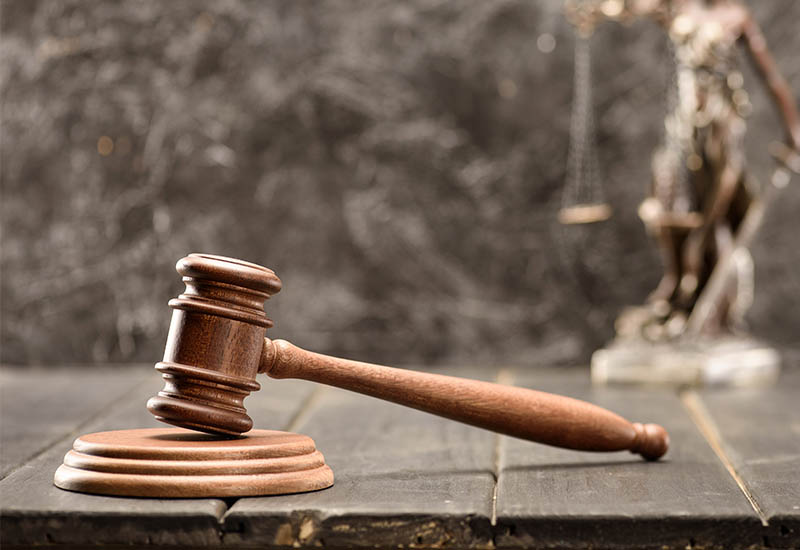In Council of Trinity Grammar School v Anderson [2019] NSWCA 292, Mr Anderson, a former student of Trinity Grammar School, alleged that a teacher sexually assaulted him on multiple occasions while he was a student at the school between 1974 and 1976. Mr Anderson maintained that these assaults occurred both on organised school events, such as camps, and outside of school. He reported these assaults to the police in April 1997.
In 2016, the teacher was charged, convicted and sentenced to 18 years’ imprisonment for committing child sexual abuse against the former student.
Mr Anderson subsequently brought a claim against the school, claiming that it was vicariously liable for the offences committed by the teacher as it owed Mr Anderson a non-delegable duty of care. Mr Anderson claimed that the actions of the teacher occurred in the ordinary course of his employment. He further claimed that, by hiring the teacher and allowing the abuse to occur at the school, against a student of the school, the school had breached its non-delegable duty of care.
The claim was brought some 40 years after the sexual abuse occurred. At the time of trial, both the Headmaster of Trinity College and the Master in Charge of the School (Revered Sanders) at the time Mr Anderson attended had passed away. Additionally, a number of other key witnesses had also passed away and the school was not able to collect evidence to rebut Mr Anderson’s claims.
Consequently, the school sought a permanent stay on the basis that proceedings would be unduly burdensome and oppressive without the evidence of these important figures. The New South Wales Supreme Court held that to proceed with the trial would be manifestly unfair to the school and would be apt to bring the administration of justice into disrepute as a result of the substantial time that had passed between the alleged assault and the present. Consequently, Mr Anderson’s claim was dismissed.
On appeal, it was stated that, for Mr Anderson’s claim to succeed on the basis that the school owed a non delegable duty, Mr Anderson needed to show that the school had failed to take reasonable care for his safety.
Conclusion
Whether a school should be held vicariously liable for the actions of a staff member is ultimately a question of fact to be dealt with on a case by case basis. However, it is relevant to consider whether the teacher was placed in a position of power and intimacy viz-a-viz the student, which gave the occasion for the wrongful acts, such that they could be regarded as having been committed in the course of employment.
The Court held that the passing of a substantial period of time and the unavailability of key witnesses, such as Reverend Sanders, meant that the school was unable to meaningfully deal with the claim against it. There was simply not enough evidence available on the policies, structure and governance of the school to determine whether it had a non-delegable duty or was vivaciously liable for the teacher’s actions.
This case highlights the substantial difficulties faced when dealing with historical child sexual abuse cases in schools. In proving the level of control a school has over a teacher-student relationship or the level of control a school has over interactions between a teacher and a student outside of normal school hours, it will be important to ascertain evidence from key witnesses.





